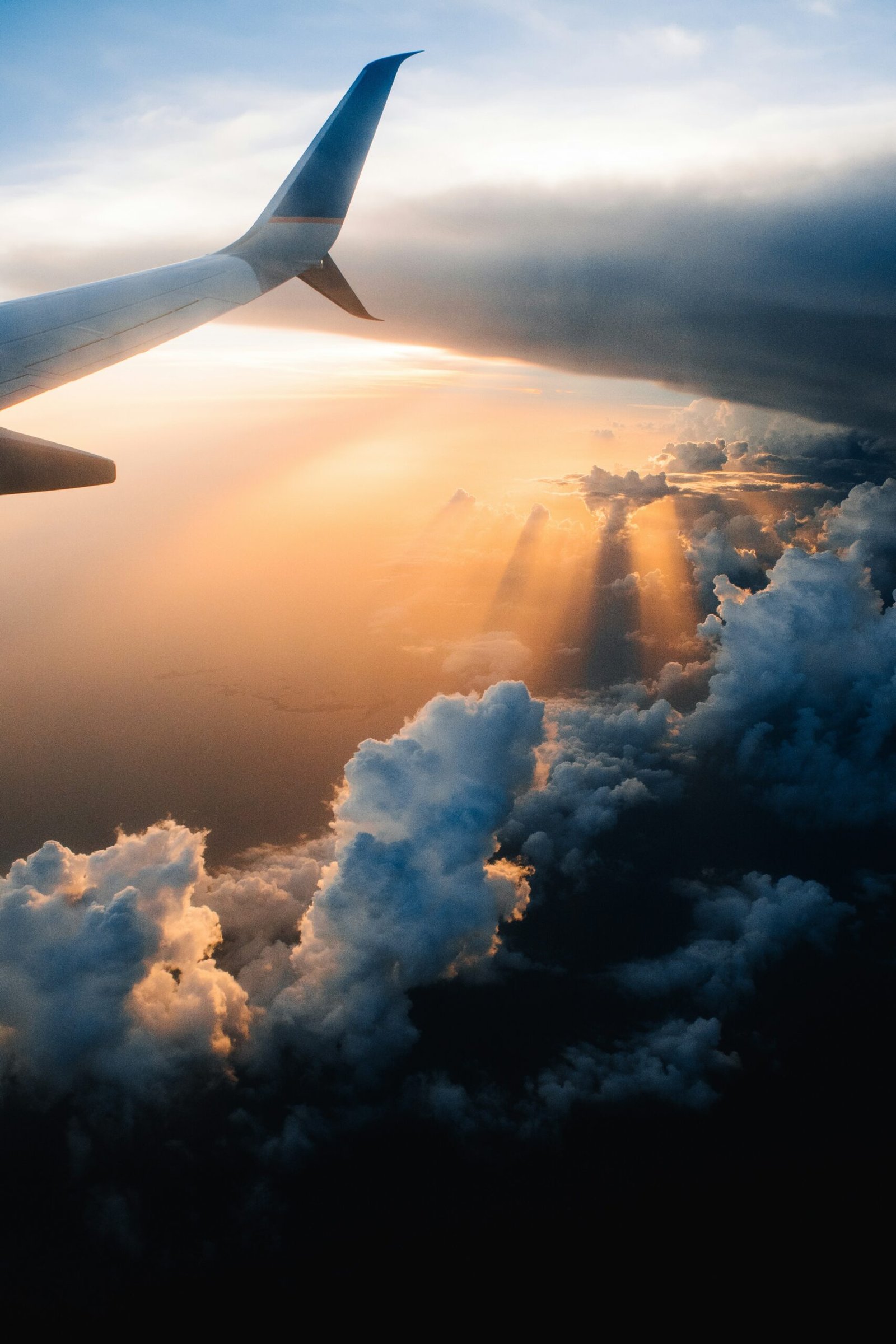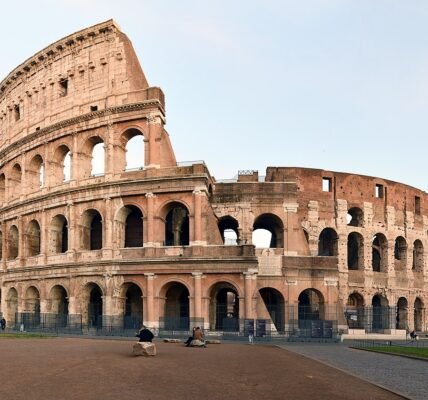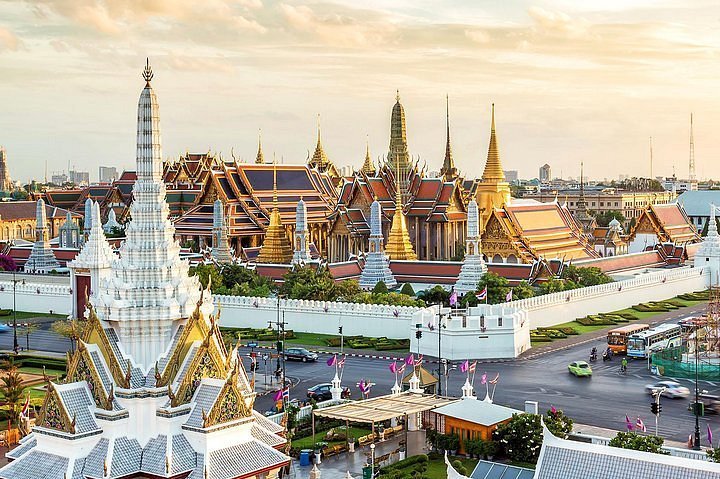
Travel as a Mirror to the World
Traveling holds a unique ability to act as a mirror, allowing individuals to gain insights that might otherwise remain hidden in the familiar confines of their everyday lives. When one ventures into new destinations, the exposure to diverse cultures, lifestyles, and environments can spark profound moments of reflection. This phenomenon encourages travelers to examine their own beliefs, values, and practices, ultimately leading to personal growth.
Immersion in foreign settings offers an opportunity to compare and contrast these experiences with one’s own life. For instance, a traveler may discover a different approach to community living, work-life balance, or environmental sustainability in another country. Such revelations can stimulate a critical evaluation of one’s existence, prompting questions about the choices made and the lifestyle led back home. This reflective process nurtures increased empathy, fostering a more nuanced understanding of global issues, and the varied experiences of others.
Moreover, stepping outside one’s comfort zone catalyzes a shift in perspective that is essential for personal development. Engaging in unfamiliar traditions or languages can initially be challenging, yet these very experiences are what contribute to a well-rounded worldview. Whether it’s savoring exotic cuisines or participating in local festivities, these interactions create lasting memories and shed light on shared humanity. By facing the unknown, travelers often develop resilience and adaptability, qualities that are valuable both during and after their journeys.
Traveling, therefore, goes beyond mere leisure; it is an enlightening experience that invites individuals to re-evaluate their own lives while becoming more attuned to the world around them. The ‘mirror effect’ generated through exploration not only enriches individual lives but also fosters a deeper connection and understanding among people from divergent backgrounds.
Socializing Through Travel
Travel has long been recognized for its potential to foster social connections and build meaningful relationships. When individuals embark on journeys, they often find themselves in diverse environments that encourage interaction. Meeting new people, whether they are fellow travelers or locals, presents unique opportunities for socialization that may not occur in one’s everyday life. Engaging with others in their cultural settings can facilitate discussions, create shared experiences, and lead to authentic connections that enhance one’s social skills.
Traveling with friends or family amplifies these benefits, as the shared experiences can reinforce bonds and lead to the creation of cherished memories. The act of exploring new destinations together, navigating challenges, or enjoying local cuisine can deepen relationships and create a sense of unity among companions. This collaborative journey fosters both teamwork and communication, as travelers rely on each other to enhance their overall experience. Such dynamics not only create lasting memories but also strengthen interpersonal relationships that may benefit from the therapeutic effect of travel.
Moreover, travel can function as a powerful tool for breaking down social barriers. It immerses individuals in different cultural settings, which encourages them to step outside their comfort zones. Engaging with diverse populations fosters understanding and empathy, which are crucial components of effective communication. Conversations sparked in these varied contexts often lead to enlightenment, dispelling preconceived notions and fostering acceptance. Additionally, these interactions can challenge one’s perspective and encourage flexibility in navigating social situations, thereby enhancing overall social competency.
In summary, travel acts as a catalyst for socialization, promoting connections that enrich individual lives. By creating shared experiences and exposing individuals to diverse interactions, travel lays the groundwork for stronger relationships, enhanced communication skills, and a greater appreciation for different cultures.
Work-Life Balance and Mental Health
Travel has become an increasingly recognized practice in enhancing work-life balance and mental health. The routine demands of modern life often lead individuals to experience high levels of stress, anxiety, and burnout. Engaging in travel can serve as an effective antidote to these challenges. Research indicates that taking vacations can significantly reduce stress and enhance emotional well-being. A study by the U.S. Travel Association revealed that employees who take time off report reduced stress levels and a greater sense of overall happiness. This points to the importance of travel in fostering a healthier lifestyle.
Moreover, stepping away from daily responsibilities allows individuals to gain fresh perspectives and mental clarity, which are essential for innovation and productivity. In fact, a survey conducted by the American Psychological Association found that 65% of individuals return from vacations feeling less stressed and more motivated at work. By breaking away from routine, travelers often find that their creativity flourishes, enabling them to tackle work-related challenges more effectively upon their return.
Planning travel can also be viewed as a proactive form of self-care. Just as one would schedule routine health check-ups or workouts, integrating travel into one’s lifestyle encourages a balanced approach to mental health. This could involve short weekend getaways or longer vacations, which are essential for personal rejuvenation. The anticipation and preparation for a trip can generate excitement and a sense of purpose, transforming the travel experience into a vital component of a holistic approach to wellness. As such, prioritizing travel is not merely a pursuit of leisure but a necessary step in maintaining a sustainable work-life balance and enhancing overall mental health.
Cheers to New Year, New Adventures
As we have started a New Year, it is an opportune moment to reflect on the transformative power of travel and its ability to enhance personal growth, social engagement, and mental well-being. Traveling is not merely a leisure activity; it serves as a catalyst for self-discovery and rejuvenation. It is a chance to step into the unknown and embrace new adventures that await beyond our familiar surroundings. Each journey offers unique learning experiences, pushing the boundaries of comfort and familiarity, which are pivotal for personal development.
Setting travel goals is one effective way to embark on this journey of exploration. Consider writing down places you have always wanted to visit, cultures you wish to experience, and adventures that resonate with your interests. Whether it’s a solo trip to a tranquil destination or a group venture to a bustling city, every journey can bring enriching experiences. Researching potential destinations can ignite excitement and motivation, guiding you to choose locations that align with your aspirations for the year ahead.
Traveling can create lasting connections and foster relationships with fellow travelers and locals alike. From shared experiences during group tours to intimate conversations with new friends in foreign lands, these interactions can enhance your social life, provide a sense of belonging, and contribute to your overall emotional well-being.
As you plan your future trips, remember that adventure is not solely defined by exotic locations; it can also be found in exploring your own backyard. Embrace opportunities to visit nearby attractions, explore hidden gems in your locality, or participate in community events. This year, let the spirit of adventure invigorate your life. By stepping outside your comfort zone, you can embody the therapeutic essence of travel and cultivate a deeper appreciation for the world around you.






1 COMMENTS